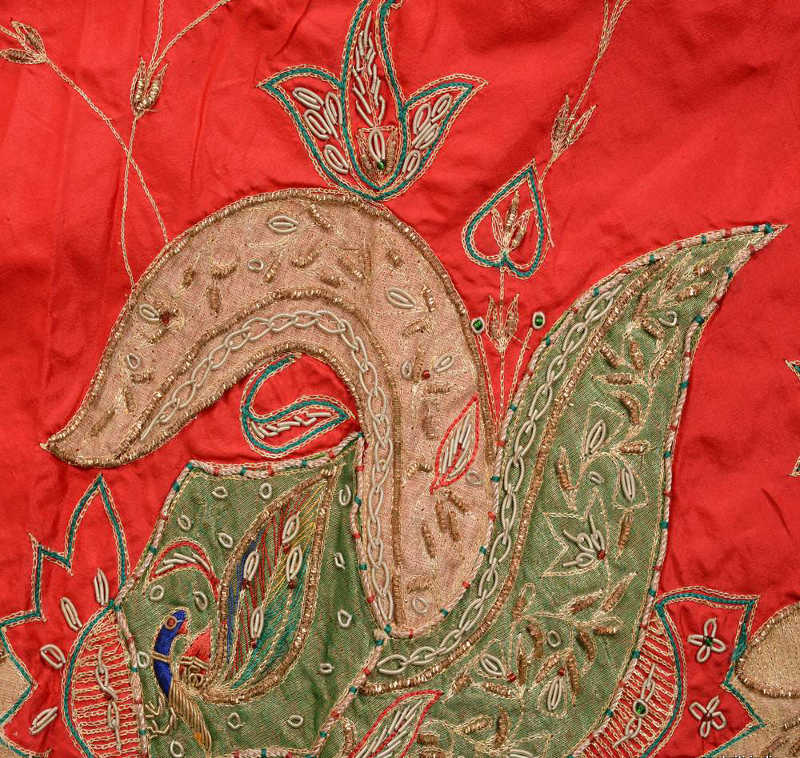===
0387,
7
===

=== |
 |
musta;Gnii : 'Free from want; in a state of competence; rich, wealthy; independent; able to dispense (with), or to do without; —content, satisfied; —indifferent (to), disdainful (of); boastful, proud, lofty, haughty, supercilious'. (Platts p.1032)
parvaa : 'Care, concern, anxiety, vexation; fear, terror; inclination, desire, affection, concupiscence; want, need'. (Platts p.255)
FWP:
SETS == A,B; GESTURES
MOTIFS
NAMES
TERMS == MOODThe lover's contemplated actions of 'writhing in dust' and/or 'bathing in blood' might be envisioned in several ways:
=He might do this to catch the heedless beloved's attention, since if his behavior is quiet and discreet she doesn't seem to notice him at all.
=He might be awaiting her next command, and anticipating the shows of devotion she might require of him; but she's too negligent to bother even to test his passion. Thus the 'care/concern' he craves from her might amount to no more than a decree requiring a particular kind of tormented behavior.
=He might do this as a reaction of sheer despair, to express how he suffers because he's unable to attract the attention of such an indifferent beloved.
These gestures that the lover contemplates are expressive of emotion-- but not of one particular meaning. Thus the relationship between the two lines has been left, as so often, for us to decide for ourselves.
Compare Ghalib's take on a similar situation:
{G161,6}.